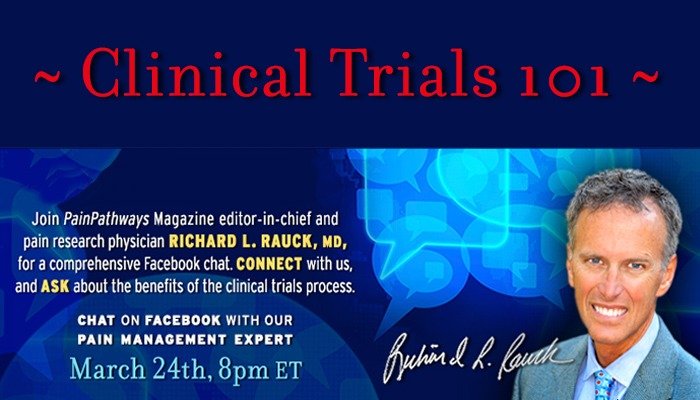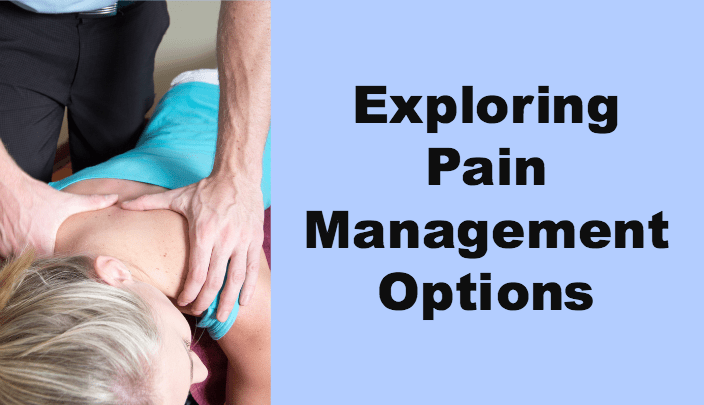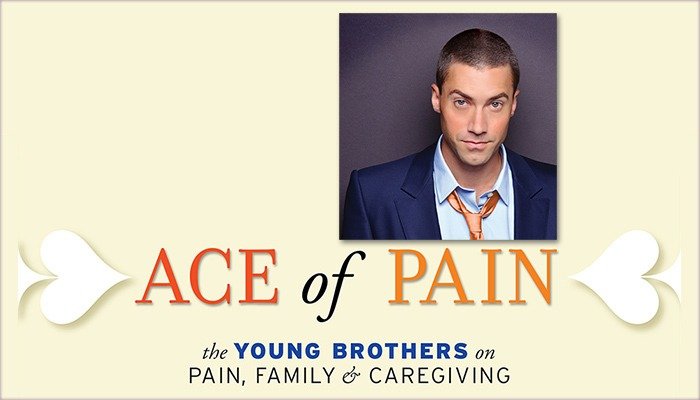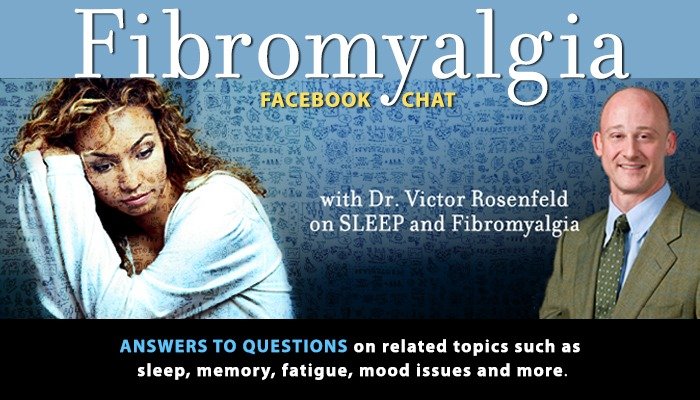Clinical Trials 101 Facebook Chat

Transcript Highlights
Richard Rauck, MD
March 24, 2015
Welcome! Thank you for joining us today for “Clinical Trials 101”. This Facebook chat will be hosted by Dr. Richard Rauck of the Carolinas Pain Institute and will cover topics such as:
– What is a clinical trial?
– How do you find out if you qualify?
– What are some of the benefits of a clinical trial?
– How do I find out if there are clinical trials in my area?
Dr. Rauck is a graduate from Wake Forest University Bowman Gray School of Medicine and is board certified in pain medicine and anesthesiology. He has been actively engaged in clinical research in pain medicine, speaks frequently at many national and international professional meetings and has an active clinical practice in pain management. Currently, Dr. Rauck is practicing pain management at Carolinas Pain Institute and is the medical director of The Center for Clinical Research.
Dr. Rauck serves presently as president for Sceptor Pain Foundation of which he is a founding member, and president of World Institute of Pain. He founded the Pain Society of the Carolinas and serves on the board of directors. He is also on the board of directors for the North American Neuromodulation Society.
Now, please join us in welcoming Dr. Richard Rauck!
Dr. Rauck: Hello, this is Dr. Rauck, happy to be here.
Reader: What/how is the best way to find out if I qualify for a clinical trial for my specific pain condition?
Dr. Rauck There are several ways to find out if you qualify for a trial. Perhaps the best way is to call the phone number listed with the trial. Each trial will have a coordinator or similar person who can inform the caller of the inclusion and exclusion criteria. This is called a screening call and will let you know if it is worthwhile to proceed toward further screening.
Reader: Why are SCS pushed onto so many patients? Why can’t patients have more of a say into what kind of treatment they have for pain?
Dr. Rauck: SCS shouldn’t be pushed onto patients. There are many modalities. SCS has been an exciting modality and is good because it doesn’t involve medications. However, nothing should be pushed onto patients.
Reader: When and how are trial participants typically compensated?
Dr. Rauck: This depends on what is involved with the trial. There are ethical guidelines that must be followed. If a trial pays too much it is considered inducement and not ethical. Trials pay more if they are longer or have procedures involved that may be painful or will not have any potential long-term benefit to the patient.
Reader: What is the typical length of time when a drug or device goes from trial to available to the general public in the event someone does not qualify for a clinical trial?
Dr. Rauck: It can be several years. It depends how far along the drug is and what stage the clinical trial is in. However, there is occasionally compassionate use possibilities when there is going to be a long delay.
Reader: Is ketamine therapy available to chronic pain patients now and is it FDA approved and something insurance will pay for?
Dr. Rauck: Ketamine is available to chronic pain patients. It is FDA approved but not a specific indication for chronic pain. We have had insurance approve it for acute pain management in the presence of an acute pain flare.
Reader: How do we find out about clinical trials?
Dr. Rauck: There are a couple of websites that list all the trials that are ongoing. This is a pretty comprehensive one: https://www.clinicaltrials.gov/ct2/search
Reader: Do participants ever have to pay to be involved in a trail, or is that a red flag that the trial is probably not legitimate.
Dr. Rauck: I cannot think of any situation where a participant should pay to be in a trial. However, some trials are allowed to bill insurance and it is possible that the patient may have to pay like they would for an office visit. However, this should be rare and explained clearly before entering a trial.
Reader: What are some possible considerations as patients we should consider before entering into a clinical trial?
Dr. Rauck: Great question. There are many things to consider. You should read over closely about the trial and ask questions to make sure it is a good fit and something you feel comfortable with. However, there are many inclusion/exclusion criteria that will make sure you are the appropriate patient. FDA controls much of this.
Reader: Do you know anything about spider venom and pain treatment?
Dr. Rauck: Spider venom was being looked at but to my knowledge it is currently not in clinical trials.
Reader: Do they cure cauda equina syndrome?
Dr. Rauck: There is really no cure for cauda equina syndrome. However, there are certainly treatments to help with the pain.
Reader: If you live in one state, can you be involved in trials in other states? In other words, are trials “national”?
Dr. Rauck: The answer is Yes. It should not matter where you live other than the logistics of having to travel to the site for the study.
Reader: If you are in a clinical trial for a possible new drug is it possible to stay on the medication if it is effective, until the drug is actually approved for use and is available to the public?
Dr. Rauck: You are winning the prize for best questions tonight. Sometimes you can stay on the drug until it is approved. Often the company needs long-term safety information so they will offer it after the “double blind” portion. You should ask even before you enter the first phase of a trial.
Reader: I was interested in information on pregnancy while having a Medtronic pain pump for reflex sympathetic dystrophy.
Dr. Rauck: You should talk with your doctor. There can be a problem depending where the pump is located. If it is in the abdomen then the expanding abdomen can stretch/tear the catheter. Also, one should be careful what drugs are used during pregnancy, as most have not been specifically tested.
Reader: Thanks for being here, Dr. Rauck. If I am in a clinical trial and the treatment I’m having is helping me, what happens when the trial is over?
Dr. Rauck: Ask your doctor if there is an “open label extension.” That is a great question. Often trials have these that go on for 1 year or longer. If not, sometimes there is nothing to do unless the drug gets approved which is really unfortunate.
Reader: Where do you go to find the latest in pain development?
PainPathways Magazine: Our website and print issues are always great resources…I’ll give you a few links in the comments here: velaharbor.com. The article “Neuromodulation 101” from our website may be helpful. See if it addresses most of your questions.
PainPathways Magazine: If anyone wants to read about three people who completed trials last year, we just posted a great interview article, “Hear from the Participants”, on our website.
Reader: If we want to stay connected and on top of anything and everything that may help us with pain who do we keep in touch with and where do we go?
PainPathways Magazine: Here are two good resources:
Power of Pain
US Pain Foundation
Reader: What is the benefit to me, as the patient, to participating in a clinical trial? Are they usually pharmaceutical?
Dr. Rauck: This is a great question. Usually, the benefit is in getting the therapy at no cost. However, they also often reimburse for your time and travel…to some extent. There are ethical guidelines all sites have to adhere to…. otherwise FDA considers it as inducement that isn’t ethical.
Reader: As an addition to the question regarding visceral pain, I am in the beginning stages of Sphincter of Oddi Dysfunction and despite thorough research, I have been unable to find a definitive way of obtaining a specific diagnosis, and then where does one go treatment-wise after that, when ERCP with sphincter cutting has been performed, and the GI says the “problem has been fixed,” despite ongoing unbearable visceral pain, vomiting, nausea, diarrhea, and low-grade temps.
Dr. Rauck: It sure sounds like you have had a lot of things tried. For difficult things like this, we do consider intrathecal therapies…. occasionally Spinal cord stimulation but that is off label.
Reader: Do you have any trials going on now that are different than just with a pain pump?
Dr. Rauck: Yes – there are many trials right now. Here’s where you can find a comprehensive list. We have many trials ongoing that are not pain pumps. We have about 20-25 trials right now on chronic pain.
Reader: Neuropathy pain due to severe back pain. Anything available? Experiencing ice cold feet & toes, burning, pain, difficulty standing and walking, pins and needles.
Dr. Rauck: A new trial just completed for diabetic neuropathy that may have applicability for other neuropathy. The results have not been released. There are other infusions that are also starting in clinical trials.
PainPathways Magazine: Everyone, our time is unfortunately up. We appreciate all of your thoughtful questions and our experts’ informative responses. This has been a great dialogue, and we are excited to have another Facebook chat soon!
PainPathways Magazine: Hi everyone! This is Amy North, editor of PainPathways Magazine. On behalf of the magazine, we’d like to thank Dr. Rauck and all those who participated in tonight’s chat! We are excited to be offering this great forum for information and inspiration.
Have a good night everyone!
Professional and individual subscriptions to
PainPathways Magazine
are available at velaharbor.com.
All information provided is for educational purposes only. Neither PainPathways nor their Facebook Chat hosts are responsible for a medical diagnosis. Individuals should seek a physician for evaluation and personalized treatment plan.
PainPathways Magazine
PainPathways is the first, only and ultimate pain magazine. First published in spring 2008, PainPathways is the culmination of the vision of Richard L. Rauck, MD, to provide a shared resource for people living with and caring for others in pain. This quarterly resource not only provides in-depth information on current treatments, therapies and research studies but also connects people who live with pain, both personally and professionally.
View All By PainPathways






